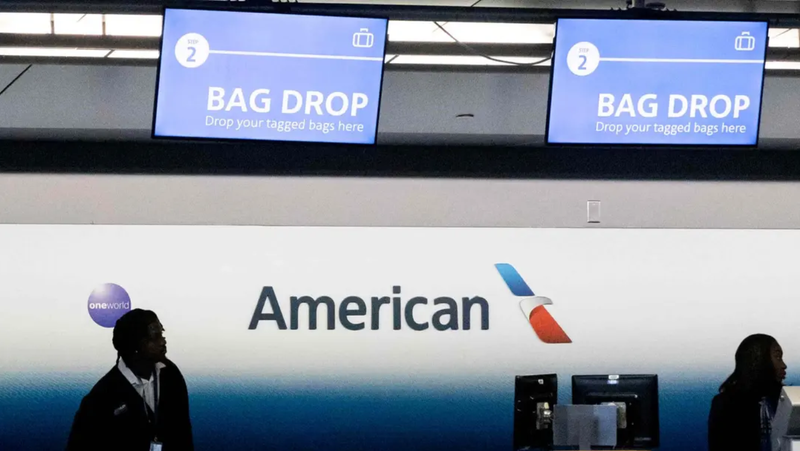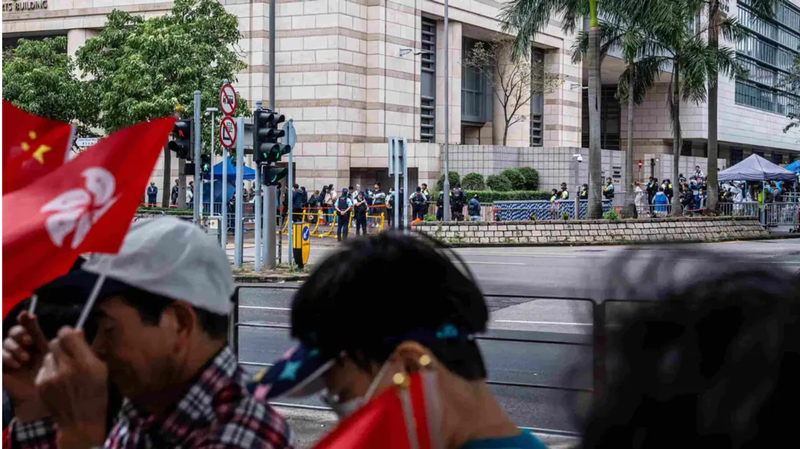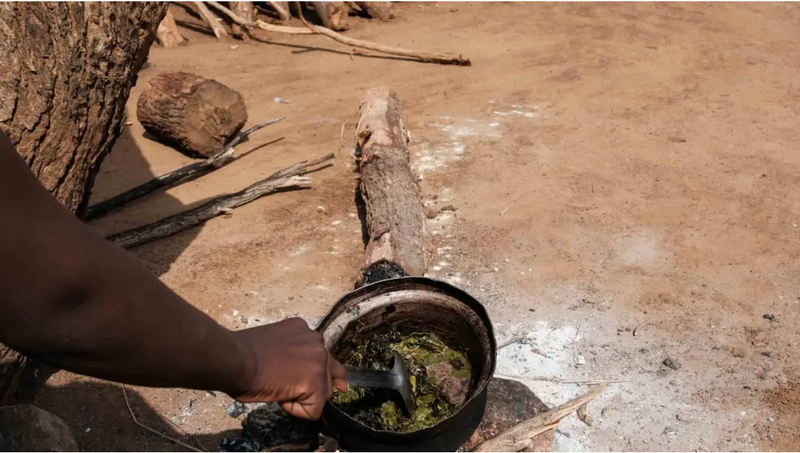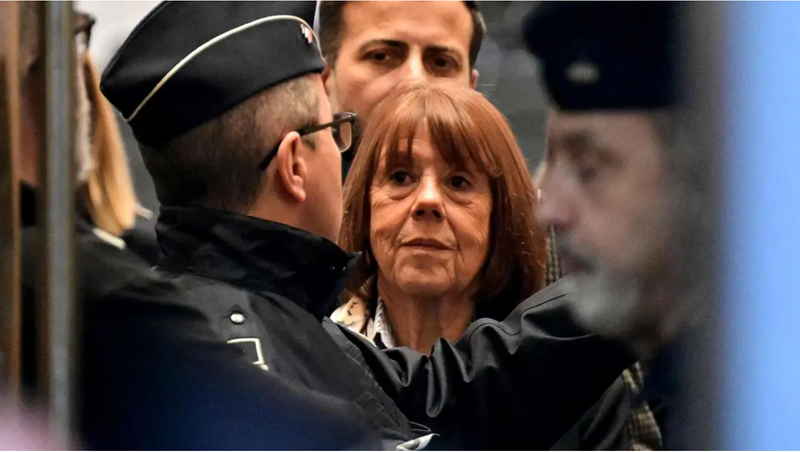Report: Indian Company Used Toxic Ingredient in Cough Syrup
Anonymous sources have claimed that Indian cough syrup manufacturer Marion Biotech bought propylene glycol (PG) – a material typically used for liquid detergents, paints, antifreeze, and pesticides – from Maya Chemtech India, and used it to make the cough syrup that poisoned 19 children last year.
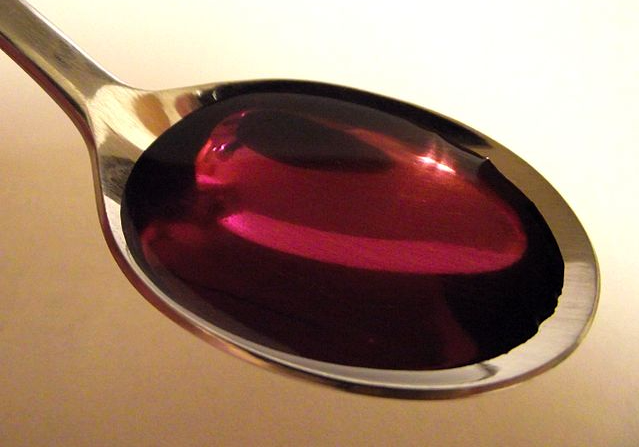
Facts
- Anonymous sources have claimed that Indian cough syrup manufacturer Marion Biotech bought propylene glycol (PG) – a material typically used for liquid detergents, paints, antifreeze, and pesticides – from Maya Chemtech India, and used it to make the cough syrup that poisoned 19 children last year.1
- The sources said Maya, which wasn’t licensed to sell pharmaceutical-grade material, only "dealt in industrial-grade" materials and "did not know Marion was going to use it to make” its Dok-1 Max and Ambronol cough syrups.2
- In January, Uzbekistan officials arrested four people in connection with the 19 deaths, including two executives at a company that imported the drugs. Authorities in the state of Uttar Pradesh, where Marion is based, canceled the company's license in March.1
- Three Marion employees – operations head Tuhin Bhattacharya, and chemists Mool Singh and Atul Rawat – have been released on bail pending trial.1
- India has recently dealt with quality control issues, including last week, when the WHO flagged seven Indian-made syrups that were linked to more than 300 deaths globally.2
- Meanwhile, another probe into New Delhi-based Maiden Pharmaceuticals — relating to kidney injuries and the deaths of 70 children in Gambia last July — remains ongoing.3
Sources: 1Reuters, 2Independent, and 3ITN.
Narratives
- Pro-establishment narrative, as provided by Wall Street Journal. The Indian pharmaceutical industry famously has a subpar safety record, especially compared to the US and China. Quality-control issues extend beyond cough syrup, and have led to numerous infections and even some deaths. As the largest global exporter of generic drugs, India must clean up its record for the safety of patients around the world.
- Establishment-critical narrative, as provided by The Conversation. India is the world's pharmacy because, unlike wealthier countries, it provides successful generic drugs to low and middle-income nations for affordable prices. Its vaccine, for example, cost $3 per dose compared to $37 for a US-produced equivalent. Given its reliance on US business to turn a profit, if the West and China continue to squeeze India out of the market, it will in turn hurt the developing nations who rely on India's generic drug development.



